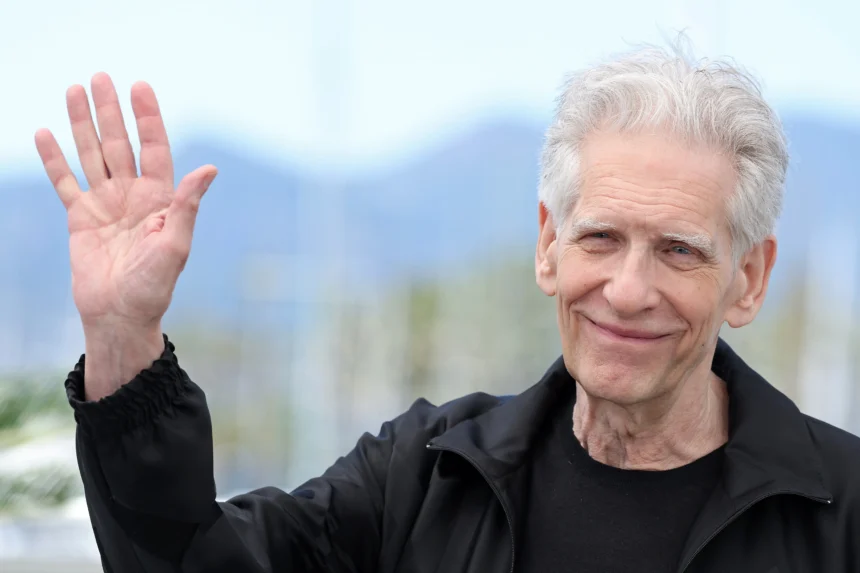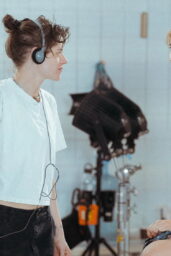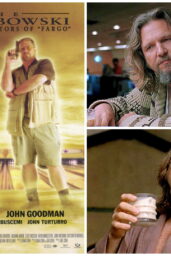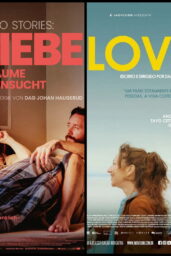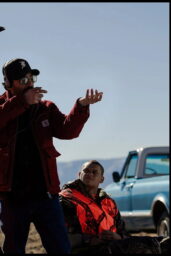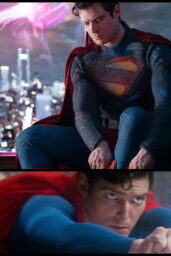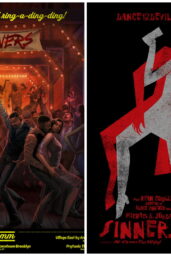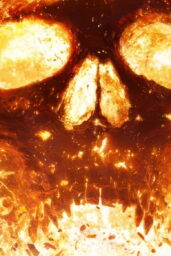David Cronenberg Might Be Done—But “The Shrouds” Feels Like a Beginning
David Cronenberg isn't just flirting with retirement—he's practically holding a goodbye party. In a recent LA Times interview, the filmmaker behind Videodrome, The Fly, and A History of Violence mused aloud that The Shrouds might be his final film. His reasoning? “The world doesn't need my next film,” he said, with the kind of nihilistic clarity that only Cronenberg could deliver without sounding bitter. “Arrogance,” he calls the idea of pushing further.
And yet. Watching The Shrouds—finally released after a year in festival limbo—you don't get the sense of an artist winding down. You get the sense of one staring mortality in the face, laughing, and then surgically dissecting it. Again.
The Last Cut Is the Deepest
Let's be clear: Cronenberg isn't officially retired. He hinted as recently as November 2024 (at the Marrakech Film Festival) that he might adapt his 2014 novel Consumed next. But now, post-Shrouds, that tune's changed. Citing physical exhaustion and the grind of directing, he describes a far more fragile relationship with his craft. “We could easily imagine a moment when halfway up a film, we say to ourselves ‘I can't take it anymore.'”
It's not melodrama—it's earned introspection. Cronenberg is 81. He's outlived most of his contemporaries, and while he jokes about following in Manoel de Oliveira's footsteps (the Portuguese director made films until age 103), he's hyperaware that his body might not keep up with his mind much longer.
But here's the kicker: The Shrouds doesn't feel like a swan song. It feels like a dare. A dare to confront death not with sentimentality, but surveillance. In the film, grief is made literal, trackable, and visual—techno-body horror as therapy session. It's one of his most nakedly emotional works. One of his most personal. And yes, one of his most exhausting, probably.
When Directors Confront Mortality—And Don't Flinch
There's a precedent here. Think Clint Eastwood's The Mule, Hayao Miyazaki's The Wind Rises (which was a retirement film—until it wasn't), or even Robert Altman's A Prairie Home Companion. Each reads as a reflection on legacy, a cinematic postscript. But The Shrouds isn't tidy. It's messy. Paranoid. It throbs with the question: What's left when the body gives out but the mind still obsesses?
What makes Cronenberg's dilemma different is the way it mirrors his entire career. The man has built his reputation on the erosion of flesh, the breakdown of identity, and the merging of tech with tissue. Now, that same decay is happening to him. And he's watching it, documenting it, maybe even projecting it onto us one last time.
Literature or Oblivion?
So, what's next? Possibly a return to literature. “I was thinking maybe writing another novel,” he said. That tracks. Cronenberg's a control freak (in the best auteur way), and writing offers complete autonomy—zero location shoots, no call sheets, no budget constraints. Just ideas. And maybe that's what he craves now more than craft: the space to think without having to physically construct those thoughts.
If The Shrouds is the end, it's a hell of a final word. It's not a mic drop—it's a slow fade to black while whispering something you're not sure you heard right.
So here's the uncomfortable truth: maybe we don't need Cronenberg's next film.
But damn—he still makes us feel like we do.
Would you rather Cronenberg end on this high—or push for one more body blow? Sound off below.

